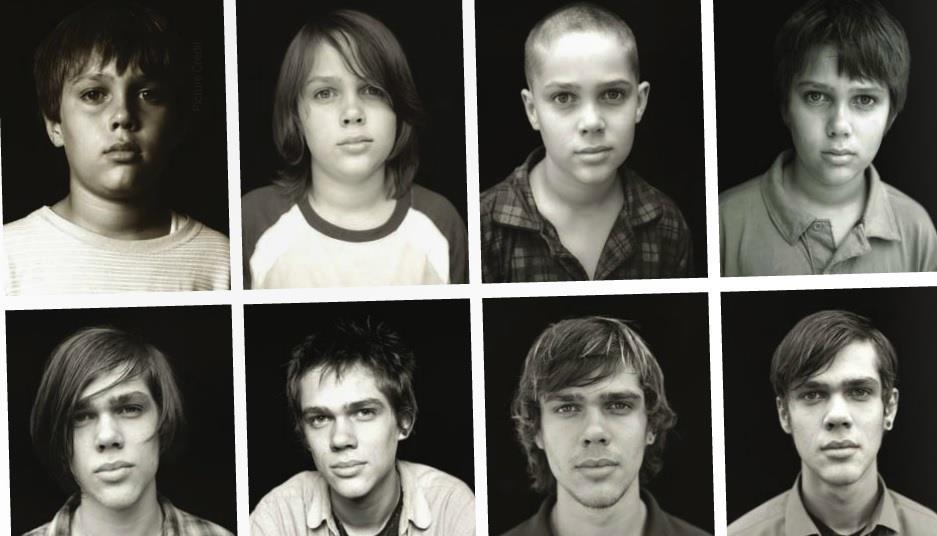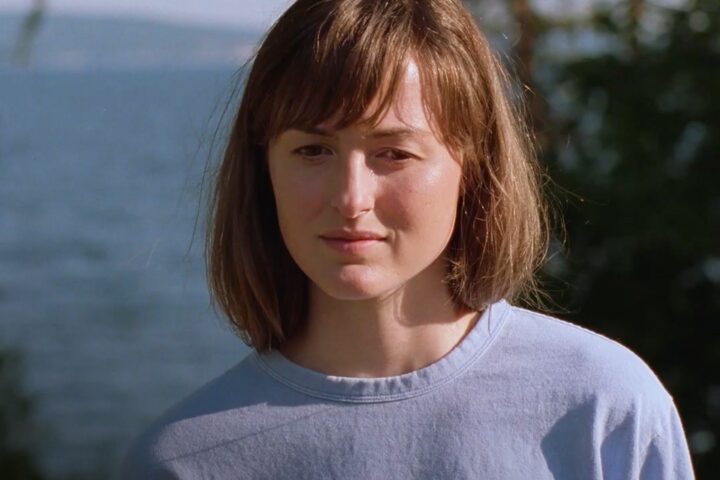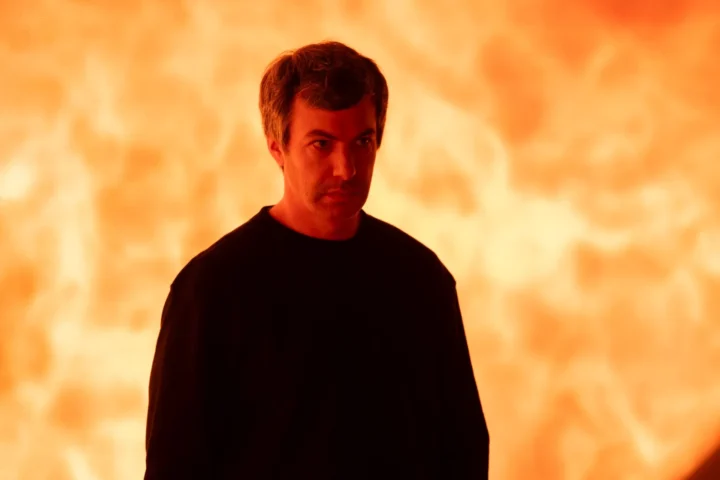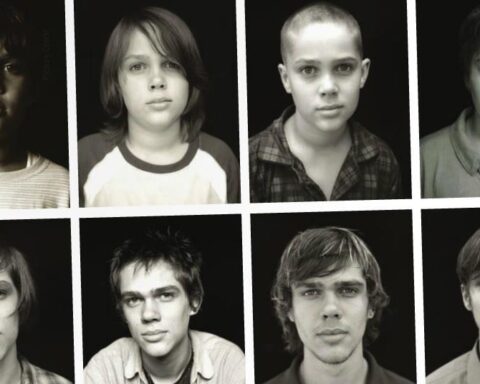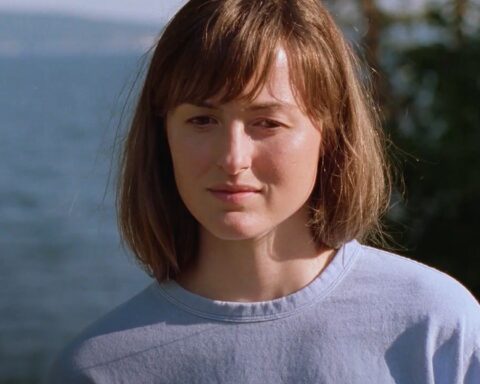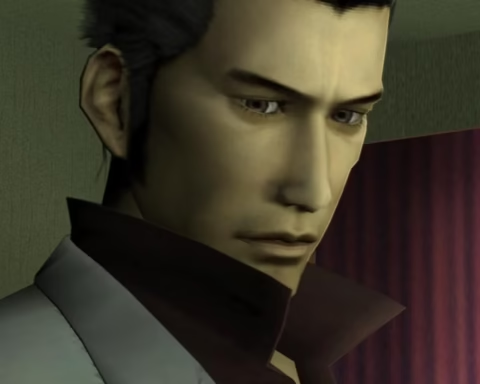Time is the only thing we all share. It’s the only constant in life. Time will pass.
Cinema, arguably more than any other art form, is the best way to show this universal truth. Every film, whether consciously or subconsciously, deals with time; sometimes it’s just the medium for a story to progress, sometimes it’s the theme, sometimes it’s a tool to manipulate but all the time it’s present.
Two filmmakers who relentlessly explore time on all fronts are Richard Linklater and Helena Trestikova. Linklater is one of the most successful and renowned directors to come out of the 1990’s American independent renaissance whilst Trestikova is a Czech born documentary filmmaker who is revered in the European documentary scene.

Both of these amazing filmmakers almost completely focus their work on the passage of time. Furthermore, they both have projects that document the actual passage of time in their subjects lives but they showcase their different philosophies on the matter in doing so. Boyhood, directed by Richard Linklater, and Marcela, directed by Helena Trestikova are the focuses of this post; specifically on their use of time as a central narrative force.
Let’s start with Boyhood. Released in 2014, this coming of age film directed by Richard Linklater was filmed over 12 years, with 10 to 15 minutes of footage being recorded each year. Linklater chose to shoot this way as he wanted to create an authentic and intimate portrayal of growing up. Over the 2 hour 45 minute runtime we see, the character, Mason Jr alongside, his actor, Ellar Coltrane become a man in front of our very own eyes. Not only do we see his transformation but we see the collection of memories and experiences that mould him into the person he is. However, Boyhood isn’t just Mason’s story. It’s equally a film about the adults in his life, particularly his mum, Olivia, who is played by Patricia Arquette. Just like we see Mason Jr age, we see Olivia’s journey from a young, struggling single mum to woman reflecting on her sacrifices, decisions and dreams.
By committing to filming a little bit each year, Linklater manages to blur the lines between fiction and reality. The actors didn’t just play their roles, they aged with them. Instead of using makeup or technology to depict the passage of time, the audience witnesses it firsthand. This method unequivocally creates a sense of realism that CGI or makeup can’t replicate as the immersion this creates allows us to witness Mason’s life with an unparalleled intimacy. It creates a time capsule-esque experience where the audience views fleeting moments of life as they actually happen.

Now, compare this with Marcela, a 2007 documentary by Helena Trestikova. This documentary also spans multiple years, just like Boyhood, 26 of them to be exact. However, unlike Boyhood, Trestikova choses to follow a real woman called Marcela whose life takes some tragic turns over the two decade plus shoot. This documentary started in the 80’s as part of a broader project about newlyweds in communist era Czechoslovakia. Over time, the film evolved into a deeply personal portrait of Marcela’s struggles including: the failing of multiple relationships, the birth of her intellectually disabled son, her daughters death and eventually her own attempted suicide.
Trestikova uses snapshots of different moments throughout Marcela’s life to create a narrative. These moments are woven together to tell a cohesive yet raw story. Unlike Boyhood, where time is meticulously planned, Marcela is unpredictable, reflecting the chaotic and often uncontrollable nature of real life. In all actuality, this documentary is a masterclass in editing rather than a seamless flow of time like Boyhood
Both Boyhood and Marcela were shot over multiple years/decades to capture natural change, yet they come to different conclusions in doing so.
Boyhood presents life and identity as a culmination of all our memories and experiences, regardless of how seemingly insignificant they may appear at the time. The film suggests that every moment, no matter how mundane, contributes to the larger mosaic of who we become. It is a controlled experiment in this sense; each sequence unfolds year after year, following Mason’s journey linearly as he grows from a child into a young adult. This deliberate structure emphasises Linklater’s philosophy that identity is not defined by a single, dramatic moment but rather by the cumulative effect of the smaller, often overlooked experiences that shape us over time.
On the other hand, Trestikova only choses to visit Marcela at pivotal moments in her life, oftentimes skipping years and decades doing so. Rather than presenting a controlled, year by year progression, Trestikova’s film emphasises the emotional weight of certain moments in people’s lives. In Marcela, identity isn’t shaped by the gradual, predictable accumulation of experiences like in Boyhood. Instead, it’s formed through a series of intense, defining events that come unexpectedly; tragedies, transformations and profound challenges. The viewer witnesses Marcela’s life not as a continuous flow but as a collection of fragmented, sometimes jarring moments that reveals the complexity and impermanence of her identity.

Despite their differences, both films depict how time is an unstoppable force that makes us who we are.
In the end, Boyhood and Marcela remind us that cinema isn’t always about flashy special effects or groundbreaking technology. Sometimes, it’s about patience. It’s about rethinking how stories can be told and embracing the passage of time as both a tool and a subject. It’s about finding new ways to explore the human condition, whether through the lens of fiction or reality.
Be sure to keep up with all our latest essays, analysis’ and reviews and within the film and tv industry by following our social pages and checking out our blog page.


